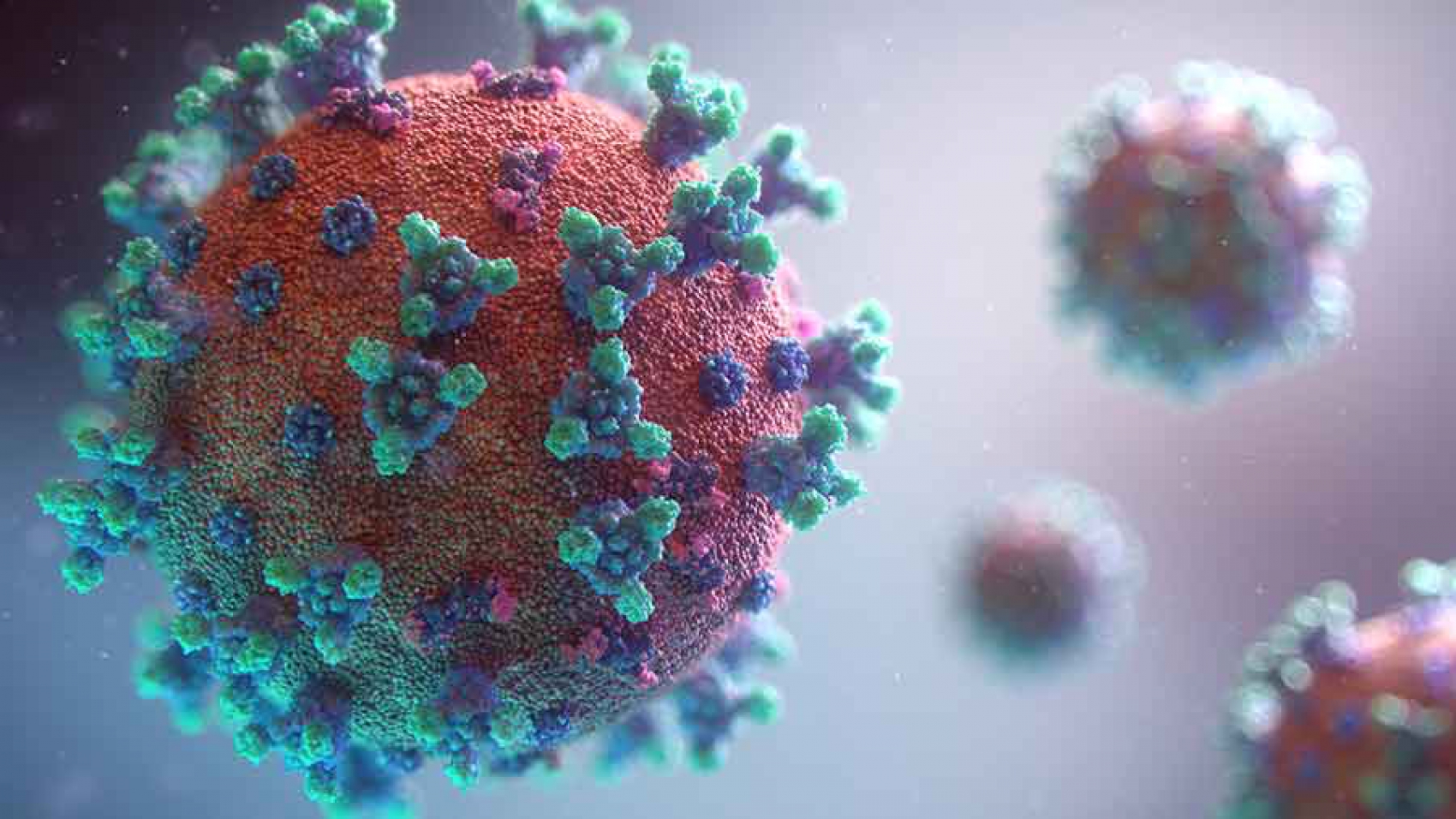Weight Loss and Hormones
The calorie-in/calorie-out hypothesis to diet and weight loss is inadequate. Calories matter, but so do hormones. You look and feel your best when your hormones are balanced. When hormones are out of balance, you may feel irritable, miserable, fatigued, foggy, bloated, stressed and gain weight. Unbalanced hormones lead to weight loss struggles.
In people that eat healthy and exercise adequately, fat loss resistance is almost always due to hormonal imbalances. The most common reasons that people are unable to loose weight are: excess cortisol, insulin resistance, leptin resistance, estrogen dominance, sluggish thyroid, low testosterone or HPA (hypothalamic–pituitary–adrenal) control system issues.
Many hormonal imbalances can be addressed by diet and lifestyle changes together with targeted nutrients and supplements. Less frequent, imbalances may require biodentical hormones in the lowest doses and for the shortest time necessary under the supervision of a qualified professional.
Weight Loss and Covid
Weight loss during covid requires extra discipline and work. Maintaining a healthy weight and lifestyle during the current coronavirus pandemic is challenging, losing weight more so. It is important not to be too judgmental or self-critical.
The coronavirus pandemic and resulting lockdowns lead to dramatic changes in health and eating patterns, increasing stress and anxiety, and disrupting sleep. Health concerns, isolation, financial problems, job loss, and general uncertainty during the COVID-19 pandemic contribute to stress. This additional stress together with the rise in unstructured time, the closure of gyms, parks and recreational centers, and movement restrictions may result in weight gain.
Being overweight and metabolism disturbances contributes to covid-19 negative outcomes. Obesity leads to a reduction in adiponectin, a substance that protects the lungs. People with a history of obesity, hypertension, chronic lung disease, diabetes and heart disease may have the worst prognoses from covid-19.
Weight Loss: Hormones that Affect Weight
- Cortisol
Cortisol is a hormone produced by the adrenal glands in response to stress. Our modern stressed lifestyle often lead to very high levels of cortisol. Strict diets and stress, shame or guilt around food also raises cortisol. Excess cortisol depletes serotonin, causes insomnia, overeating, weight gain and increases fat deposits, especially around the abdomen. High cortisol is also linked to depression, irritability, fatigue, food addiction and sugar cravings. - Insulin
Insulin is a hormone produced by the pancreas beta cells. It is secreted in small amounts throughout the day, and in larger amounts after a meal. Insulin is responsible for allowing glucose in the blood to enter cells, providing them with the energy to function. Insulin is also the main fat storage hormone in the body. It tells fat cells to store fat, and prevents stored fat from being broken down. Insulin resistance occurs when insulin becomes ineffective and glucose is unable to enter cells. The liver then converts the glucose into fat. Insulin resistance can cause weight gain, sugar addiction and metabolic syndrome. - Leptin
Leptin is a hormone that is produced in fat cells and reduces appetite. Leptin signals the brain to stop eating when you’re full. It also tells the brain that there is enough fat stage which helps prevent overeating. Overweight people have more fat cells and very high levels of leptin. When the brain receives too many leptin signals, it shuts down; leptin levels keep rising, receptors stop functioning, leading to leptin resistance. Leptin resistance increases hunger and reduces the number of calories burnt, causing weight gain. Leptin levels are also reduced when you loose weight, making it very hard to maintain weight loss. - Ghrelin
Ghrelin is a hormone produced by enteroendocrine cells of the gastrointestinal tract, especially the stomach, and is often called a "hunger hormone" because it increases food intake. Ghrelin levels are highest before eating, and lowest after a meal. In overweight people, gherkin decreases very little after meals. - Estrogen
Estrogen is one of the most important female sex hormones. It is mainly produced in the ovaries, with small amounts produced by the adrenal glands and fat tissue. Both very high and low levels of estrogen can lead to weight gain. Estrogen dominance occurs when you have too much estrogen compared with its counter-hormone, progesterone. Having too much estrogen in the body causes a number of symptoms, including weight loss resistance, moodiness, PMS, and heavy periods. - Thyroid
The thyroid creates hormones T4 and T3 that control metabolism, and dictate how fast or slow you burn calories. A sluggish thyroid causes weight gain, fluid retention, hair loss or thinning, depression, and constipation, among other problems. - Testosterone
Testosterone belongs to a group of hormones known as androgens. Testosterone levels affect fertility, sex drive, red blood cell production, muscle mass and fat distribution. Although men have more testosterone than women, the female adrenal glands and ovaries produce small amounts of this important hormone - Hypothalamic-Pituatary-Adrenal Axis
The hypothalamic-pituitary-adrenal axis is responsible for helping us adapt to stress. In response to stress, cortisol is released. We need cortisol for the body to function properly, but when we are constantly stressed the HPA axis gets desensitized to the negative feedback loop, leading to chronic stress on the hypothalamus, pituitary gland and adrenal glands.
Emotional Factors and Weight
Emotions, beliefs and attitudes can derail weight loss. Unprocessed and negative emotions can lead to overeating, alcoholism and other unhealthy addictions. Shame, judgement and obsession also triggers excess cortisol and contributes to weight loss resistance. Starvation, restricted eating and excess exercise cause hormonal imbalances and consequent weight issues.
Weight Loss & Hormones: A Reset
- Eat well. Eat an anti-inflammatory Mediterranean diet rich in vegetables, fruit, whole grains, healthy proteins and healthy fats. Avoid processed foods, refined carbohydrates, sugar, sugar substitutes and hydrogenated or trans fats.
- Move. Exercise including yoga, Pilates, dance, weight training, and burst cardio (alternating brisk walks with normal pace). Burst training help stabilize cortisol and raises growth hormone.
- Manage stress. Meditate.
- Get adequate sunlight. Spend time in nature.
- Get adequate sleep.
- Supplement if necessary. Ashwagandha and phosphatidyl serine help balance cortisol. Berberine and milk thistle help balance insulin. Di-Indole Methane (DIM) helps balance estrogen.
- Address nutrient deficiencies. For example low vitamin C lowers progesterone which makes you overwhelmed and anxious.
- Remove toxins such as bisphenol A which interferes with estrogen, insulin, thyroid and testosterone messages in the body.
It is important to balance hormones to attain peak health, feel good, energized and focused as well as to maintain a healthy weight.






